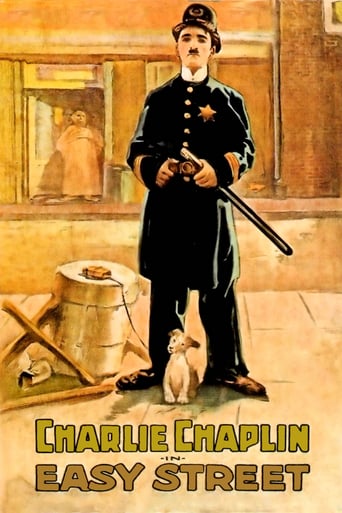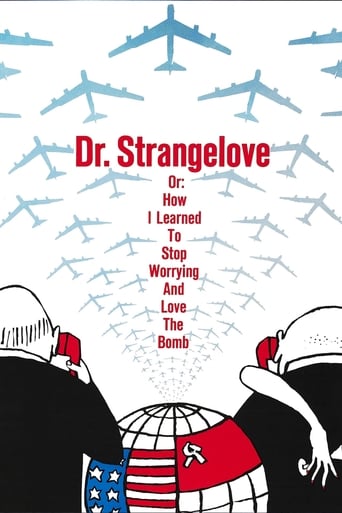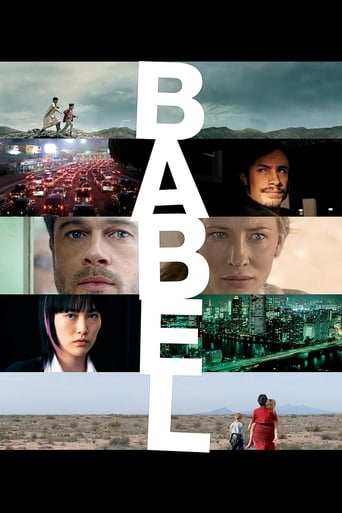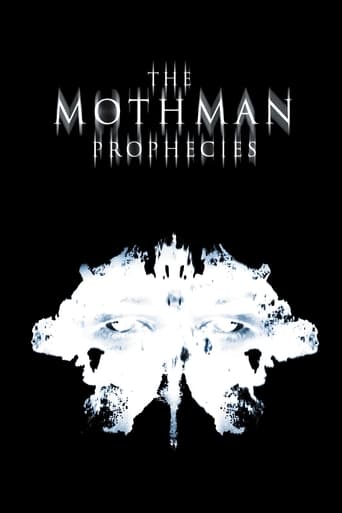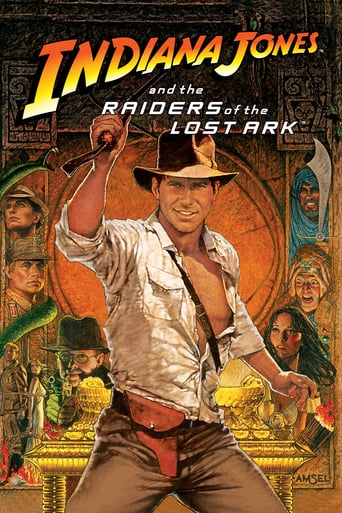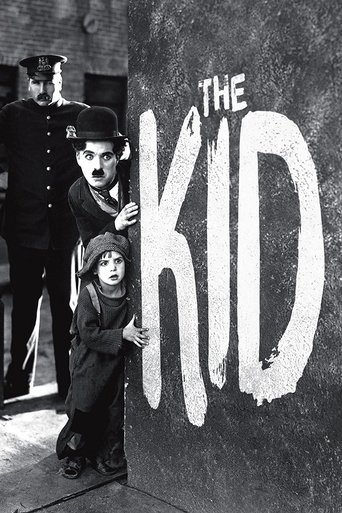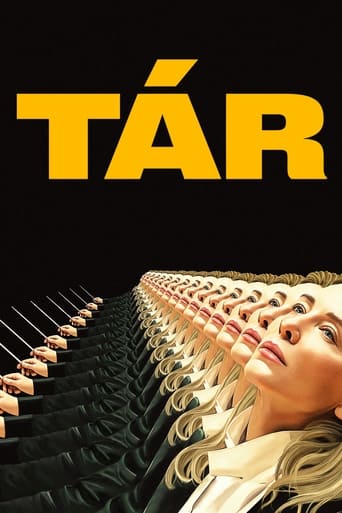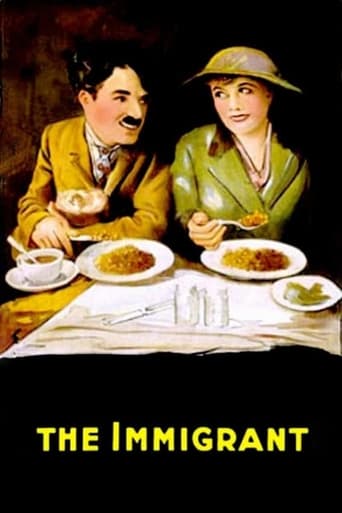


The Immigrant
An European immigrant endures a challenging voyage only to get into trouble as soon as he arrives in New York.
-
- Cast:
- Charlie Chaplin , Edna Purviance , Eric Campbell , Albert Austin , Henry Bergman , Tom Wilson , John Rand


Similar titles
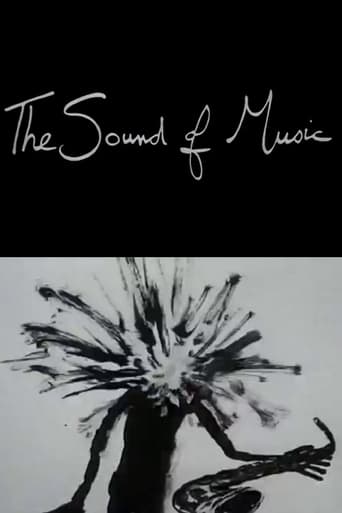
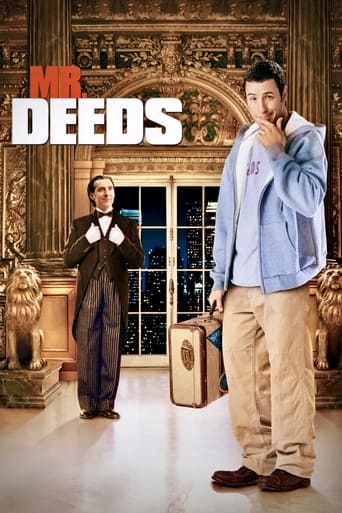
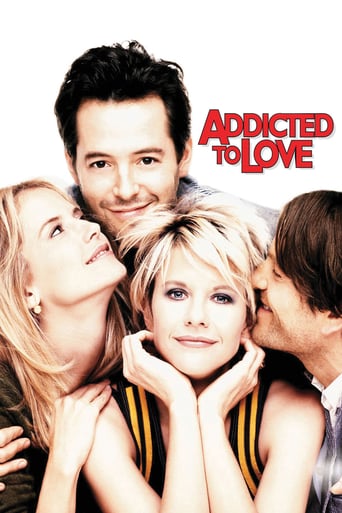
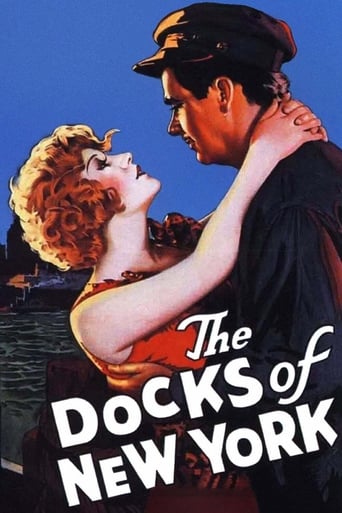


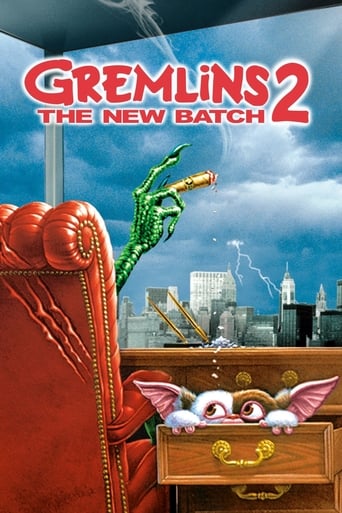
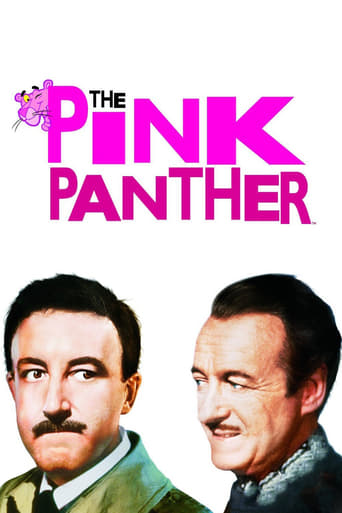
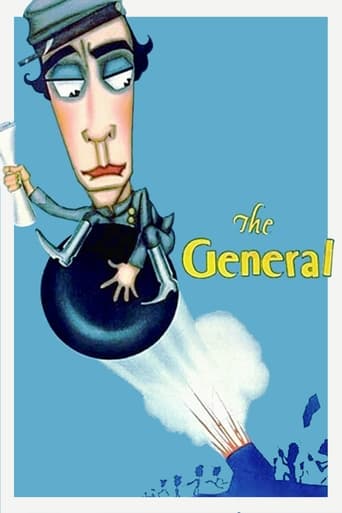

Reviews
That was an excellent one.
People are voting emotionally.
Although it has its amusing moments, in eneral the plot does not convince.
It’s not bad or unwatchable but despite the amplitude of the spectacle, the end result is underwhelming.
This film is very much split in two, with the first part showing the tramp on one of the immigrant ships coming to America. Here he gambles, flirts and gets into trouble, just like you would expect. It's not just goofing, though, as you get a very clear glimpse into his conscience. There's also a scene where he wields a gun. The tramp character aiming at someone is slightly unnerving! The other half of the film is the most enjoyable one. The tramp, now on land, finds a coin and goes to buy some food at a restaurant. He ends up losing the coin and, well, there's more flirting and more getting into trouble.There's several gags in this that are very nice, and some that you have seen before. There's some interesting movie magic when it shows the ship hitting the waves (one where they are obviously only moving the camera, and the other where they are moving the entire set). It's a nice little Chaplin short, so if that's what you're after, you won't go wrong with this one.
During the two years Charlie Chaplin worked for Mutual Films, he certainly developed his own UNIQUE style that made him the most popular comedian in the world to perfection; and, along with "Easy Street", "The Immigrant" is probably his greatest work from that period (which he himself described as the happiest time in his life).Of course, there's plenty of the good old slapstick comedy that had made him famous in his Keystone days, and there are just SO many unforgettably funny scenes in this 25-minute masterpiece - the way he wins his 'starting capital' for his new life in the New World in a card game, the way he 'shares' his soup with one of his fellow passengers on the rocking ship, his first lunch in an American restaurant and his struggle for the money to pay his bill, with the threat of being beaten up by the big, mean waiter (Eric Campbell, in the role of the bullying baddie once again)...BUT there's also that most DISTINCTIVE note of social criticism which coined Chaplin's later works, EVERY single one of which was to become a timeless classic of inestimable cultural worth, and marked the 'birth' of a new movie genre: the tragicomedy. First, we get to see the conditions under which poor people from all nations travel to the United States, hoping for a better future there - while as soon as our little tramp sets foot on American soil, things are a LOT different than he expected: he doesn't even know how to pay for his food, neither for that of the lovely girl he'd met on board the ship (Edna Purviance, of course, cute as a button in one of her most wonderful roles), and whose sick mother has died in the meantime... So, will there be a typical 'Hollywood happy ending' for our young couple after all? In less than half an hour, this PERFECTLY played, directed and timed film (after the shooting was finished, Chaplin sat at the editing table for FOUR whole days and nights, 'trimming' it to exactly the MASTERPIECE it finally became) tells us a great human story, makes us simply LOVE the protagonists and hope and worry for their fate, become a bit thoughtful about social conditions - and, of course, at the same time makes us roar with laughter! Well, THAT is Charlie's very own and inimitable recipe...
It really is no surprise to recognize that Charlie Chaplin's short The Immigrant deeply resonated with the, at that time, present day immigrants who came to America with the mindset to make something of themselves in "the land of opportunities," but had to settle for laborious blue collar work before they could even hope to become moderately successful. That kind of drudgery takes a toll on people, and Chaplin's early, 1917 short shows the real struggle as the lovable Tramp finds himself aboard a steamer in the middle of the Atlantic Ocean. An immigrant of little skill, he spends his days on the ship playing cards, eating in an unstable cafeteria, and trying to avoid cramped, tired, and seasick passengers while keeping in mind the opportunities he will likely be granted with in America.The Tramp winds up befriending an unidentified immigrant (Edna Purviance) along the way, who is traveling to America with her sick mother, both of whom were victim to a pickpocket, who is losing in a high-stakes game of gambling aboard the ship. The Tramp winds up trying to restore the wealth of the two women, but gets mistaken for being a pickpocket, and is only set free thanks to the good word put in by the immigrant woman. The two part ways once the ship docks, but are unaware that this is only the beginning of their encounter.While The Immigrant definitely infuses comedy into its premise, it simply can't wholly disguise what a sad and often heartbreaking tale this short actually depicts. As it plays out, it becomes a tad more heartbreaking but also a great deal more beautiful, as we see a nice relationship develop between the two characters who effectively carry out strong emotions for each other. Chaplin is unsurprisingly quick-witted with his comedy and strong in the more dramatic instances in the film, while Purviance plays her character to the degree of achieving a certain sympathy but not giving us a character we're supposed to pity for a long period of time. The Immigrant effectively demonstrates an early blend of comedy and tragedy to the degree that Shakespeare may have found quite effective and relatable.Starring: Charlie Chaplin, Edna Purviance, and Eric Campbell. Directed by: Charlie Chaplin.
In 1917, immigration in America lit the fire of a widespread xenophobic sentiment leading to the infamous "Immigration Act" that barred the road to such undesirables as "criminals", "anarchists", "homosexuals", "beggars" or "feeble-minded persons". In a fitting coincidence, the same year, Charles Chaplin made "The Immigrant", if not the best, the most prophetic of what would become one of Cinema's most valuable and influential talents.Given the historical context of the "Immigration Act", one must wonder in which "category" the Tramp would have fallen had he existed: he's naive, quite atypical, broke, and the way he kicks one of Ellis Island's agents is such an equivocal image that it would be used by the HUAC to demonstrate Chaplin's Anti-Americanism. Yet the film doesn't make obvious statements regarding immigration: in the steamer that crosses the Atlantic in the beginning, there are pickpockets, gamblers and cheaters, probable criminals but there are also decent and honest people as well. And ultimately, there is the Tramp.In simpler words, without immigration, the world wouldn't have discovered Charlie Chaplin, and that was enough a reason to make a film about the subject. "The Immigration" was Chaplin's first self-immersion into his own creations when the Tramp ceased to be a vagabond coming from nowhere and going anywhere, he and Chaplin would make one. It's a turning point in Chaplin's body of work as every film would echo a part of his own history. Yet, despite its serious undertones, the film is light-hearted not to deprive the theme from its gravity, but maybe because immigration carried positive feelings like ambition, solidarity and hope for brighter futures. "The Kid" would cover more solemn subjects."The Immigrant" is divided in two acts: the first is set in the ship, the second in a restaurant. Through a laudable effort of mise-en-scene and storytelling, Chaplin manages to pull these two parts together so they don't feel disjointed. The first sequence shows a steamer crossing the Atlantic, full of archetypal emigrants: bearded men with towering hats, and heads-carved women. It's moving as it depicts a part of America's history still recent at that time, and simultaneously, it creates a funny contrast with the moderately exotic Tramp: his presence among the immigrants is enough to bring the first laughs.At the arrival in New York, the sight of the Statue of Liberty rewards the patience of these people who underwent persecutions, poverty, hunger and probably the worst of all, seasickness. The 'boat' part is the more emotionally and politically charged, and in its way, it elevates the film above the standards initially set by Chaplin. The Ellis Island part even reminds of "The Godfather Part II", without the sepia tones. Still, Chaplin knows that the audience expect laughs, that the transition between comedy and drama shall not be abrupt, hence the slapstick use of the boat's movements (that maybe inspired these Tex Avery gags where characters felt sick by watching a random sea-picture going up and down).And this running gag foreshadows the use of moving objects in Chaplin's humor, from the blizzard blowing people away in "The Gold Rush", to the elevating chairs in "The Great Dictator". Other hints, more serious this time, of his later works are present through the character of the Girl (Edna Purviance) with her ill mother. The Tramp wins some money after a card game, and surreptitiously put his win in the girl's pocket, ignoring that it came from the man who stole her. This is the typical example of Chaplin's humanity: helping without expecting recognition; it's "City Lights". And naturally, it's the perfect plot device so that, victim of his own generosity, he arrives is New York, with a full heart and empty pockets.The second part is more of a sketch, but this is not to diminish it. Chaplin goes to the restaurant, not noticing that the coin he found on the street went through the hole in his pocket. He meets the poor little immigrant who just lost her mother and to complete the picture, there is the big and burly waiter played by Eric Campbell, Chaplin's archenemy, in one of his last roles. Campbell is equal to Chaplin, almost stealing the show as the waiter who violently ejects a poor client short of 10 cents. The violence only serves the gags, when Chaplin realizes he doesn't have the money and tries to hide it from the waiter, watch the body language of the two actors, you could tell there was a great complicity between both. It's not only funny, but it's probably one of the few comedy moments relying on a form of thrilling suspense.The ending is a bit rushed, but the essential was there, promising greater films to come. If not the best or the most memorable of his films, with its share of gags, and its serious undertones; it's one of Chaplin's most defining works, especially regarding the context of the film. 1917 wasn't only the year of the Immigration Act, it was the pinnacle of WWI, while the Bolshevik revolution planted the seeds of a New Order. Only a director like D.W. Griffith could embody the transformations that Modernity was applying to the world, in sweat, blood and tears. "The Immigrant" doesn't have the epic scope of "Intolerance", not even the pretension to compete with "The Birth of a Nation", but within its own simplicity, the film highlights the birth of a new talent, not of an actor, but of a director.Indeed, if Charlie Chaplin is my favorite movie director, it's less because I believe he is the best, but because I believe his contribution to cinema as an artistic art form has never been equaled, not in his lifetime, not even after. The revolution he brought up in 1917 relies less on technicality than a particular skill in terms of storytelling in the way they vehicle a wide range of emotions in one single scene.

